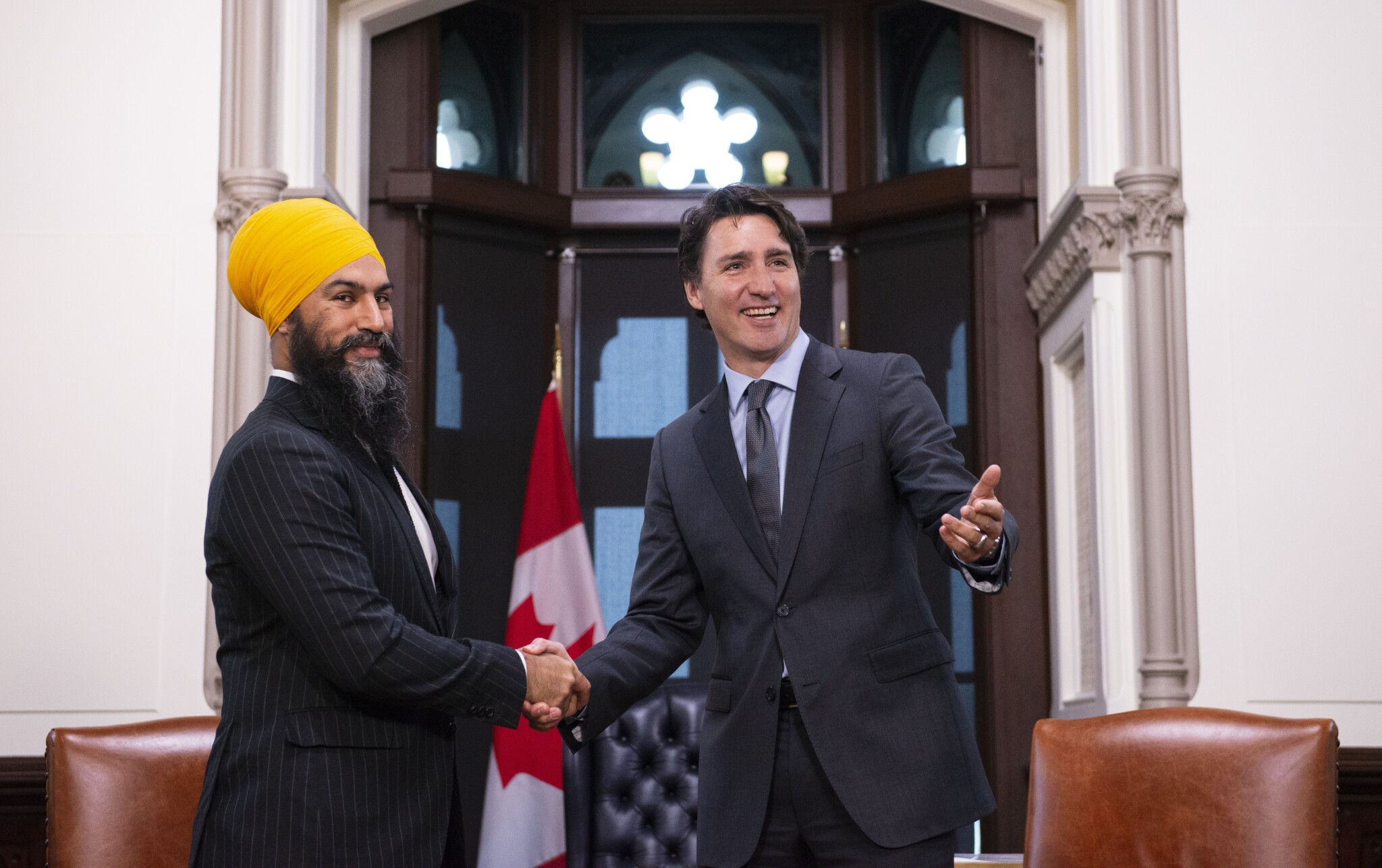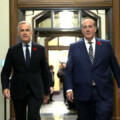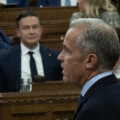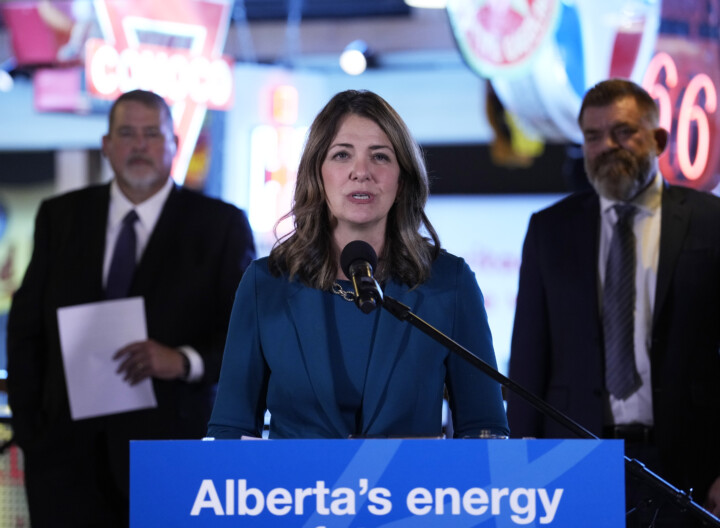In The Weekly Wrap Sean Speer, our editor-at-large, analyses for Hub subscribers the big stories shaping politics, policy, and the economy in the week that was.
The Liberals and the NDP policies are essentially indistinguishable. I’d call that a success for Jagmeet Singh
In March 2022, when Prime Minister Justin Trudeau and NDP leader Jagmeet Singh announced their parties’ supply and confidence agreement, I disagreed with many pundits who argued that the arrangement was self-evidently bad for the NDP. As the agreement came to an abrupt end this week with Singh’s announcement that the NDP is pulling out, I remain in the small minority who believe that it’s been good for New Democrats.
I don’t dispute that it has probably been harmful from an electoral perspective. But the federal NDP’s aim isn’t to win elections. If it was, it has done a rather poor job over the years. If you back out the aberrant 2011 election, the party has barely secured an average of 16 percent in the nine federal elections this century.
Yet if one instead understands the NDP as a small, ideological minority whose principal purpose is to shift the centre of gravity of Canadian politics in a left-wing direction, then it has been much more successful, including over the nearly two-and-a-half years of the supply and confidence agreement.
One way to think about the NDP’s influence is to consider a world in which the party didn’t exist. If the Liberals had no party on their leftward flank, is there any reason to think that they would have tilted to the Left as much as they have over the past decade? I think the answer is no.
After all, the Liberal Party’s move to the Left in the 2015 election campaign wasn’t merely motivated by ideology. Its support for budgetary deficits and higher taxes on high-income earners was to a large extent a political attempt to cannibalize the NDP’s support—to essentially bring Layton Liberals back into the fold—in order to jump from third place to first in a single election cycle. And it worked.
The success of its leftward electoral shift laid the foundation for its left-wing government. The Trudeau government’s subsequent conception of the so-called “care economy,” its hyper-focus on redistribution, its identity politics, and its “ham-fisted” response to the Israel-Hamas war are at least in part a reflection of the NDP’s competition for progressive voters.
The Liberals have managed to outflank the NDP in political terms but in policy terms, they’re the ones who’ve been cannibalized. They’ve turned their political party into an offshoot of the NDP. The two parties are now virtually indistinguishable from one another. The differences are limited to matters of degree rather than ones of real substance.
Take for instance the Israel-Hamas war. NDP MP Nikki Ashton’s anti-Israel views are pretty radical, but so are Liberal MP Shafqat Ali’s and others who opposed their colleague Anthony Housefather’s appointment as the government’s special adviser on Jewish community relations. We know that there were as many as 80 Liberal MPs (or more than half of the parliamentary caucus) who were ready to support the NDP’s motion in favour of Palestinian statehood in March 2024.
It’s funny therefore that so much of the commentary this week has focused on Singh and the compromises that he’s made and so little has questioned the bigger trade-offs for the prime minister and the Liberal Party.









